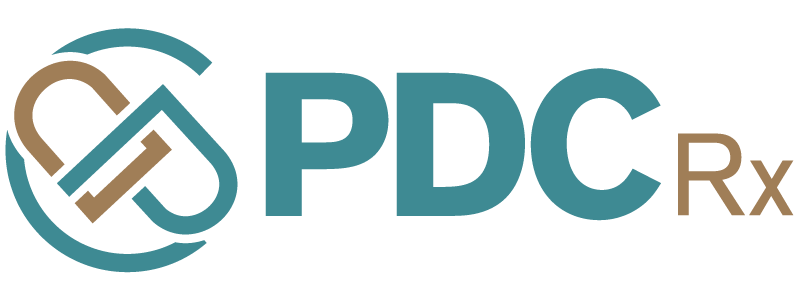Use of Eliquis at the End of Life
Understanding Eliquis
Eliquis, also known as apixaban, is a type of anticoagulant medication that is used to prevent blood clots from forming. It works by blocking a protein called Factor Xa, which is involved in the blood clotting process. By blocking Factor Xa, Eliquis helps to prevent the formation of blood clots, which can be life-threatening in some patients.
Use of Eliquis.
Thromboembolism/stroke prophylaxis.
Deep Vein Thrombosis prophylaxis (Hip and Knee replacements).
Recurrent Deep Vein Thrombosis and Pulmonary Embolism prophylaxis.
Treatment of Deep Vein Thrombosis and Pulmonary Embolism.
Venous thromboembolism (VTE), cardioversion (off-label).
The Use of Eliquis in Hospice Care, and in Patients at the End of Life.
The goal of hospice care is to provide comfort and alleviate symptoms for the terminally ill patient rather than to cure the underlying condition. This, in other words, is known as palliative care. Part of providing palliative care is the deprescribing of medications that are at high risk for causing adverse effects and uncomfortable symptoms to the patient. In some cases, patients with terminal illnesses may be prescribed medications to prevent blood clots, such as Eliquis (apixaban), to manage their condition. However, there are potential risks associated with Eliquis, which may worsen with its use in hospice patients at the End of Life. Some hospice patients at the End of Life may be experiencing end-stage organ failure and may not be candidates for the use of Eliquis, such as Child-Pugh Class C patients. Some of the risks associated with the use of Eliquis are as follows:
Serious Reactions
Epidural hematoma
Spinal hematoma
Severe Bleeding
Thrombocytopenia
Thrombosis if premature discontinuation
Hypersensitivity reaction
Syncope
Common Reactions
Bleeding
Anemia
Nausea
The decision to use Eliquis or any other medication for the hospice patient should be made carefully and with consideration of the potential risks and benefits. It is important for hospice providers to encourage shared decision-making with the patient and their families when discussing the deprescribing of high-risk medications such as Eliquis. According to the National Hospice and Palliative Care Organization (NHPCO) guideline for the treatment of patients prior to death, all education and instructions should be provided in accordance with the patient- and family’s health literacy levels and cultural preferences.
One of the main risks of Eliquis is bleeding. Eliquis is an anticoagulant that works by thinning the blood and preventing blood clots. However, this can also increase the risk of bleeding, which can be particularly dangerous in hospice patients with a terminal diagnosis. Also, patients who are experiencing multiple health issues or are in a weakened state may be at a higher risk of falls which may result in internal bleeding and more complications from Eliquis. Healthcare providers should carefully evaluate the patient's overall health before deciding to use or discontinue the medication.
Hospice patients may also be at risk for drug interactions with Eliquis. This medication can interact with other medications, such as opioids and nonsteroidal anti-inflammatory drugs (NSAIDs), that hospice patients may be taking for pain management. These drug interactions can increase the risk of bleeding and other side effects.
Lastly, Eliquis may not provide significant benefits for hospice patients. In patients with terminal illnesses, the benefits of preventing blood clots may be outweighed by the risks of bleeding and drug interactions. Additionally, the use of Eliquis may not significantly improve the quality of life or extend life expectancy in these patients.
By taking a thoughtful and individualized approach, healthcare providers can help to ensure that patients receive appropriate care that is consistent with their values and preferences. Healthcare providers should carefully consider the risks and benefits of using Eliquis in these patients and involve the patient and their families in the decision-making process.
Fidelis Ariguzo - PharmD, RPH | PDC Rx


